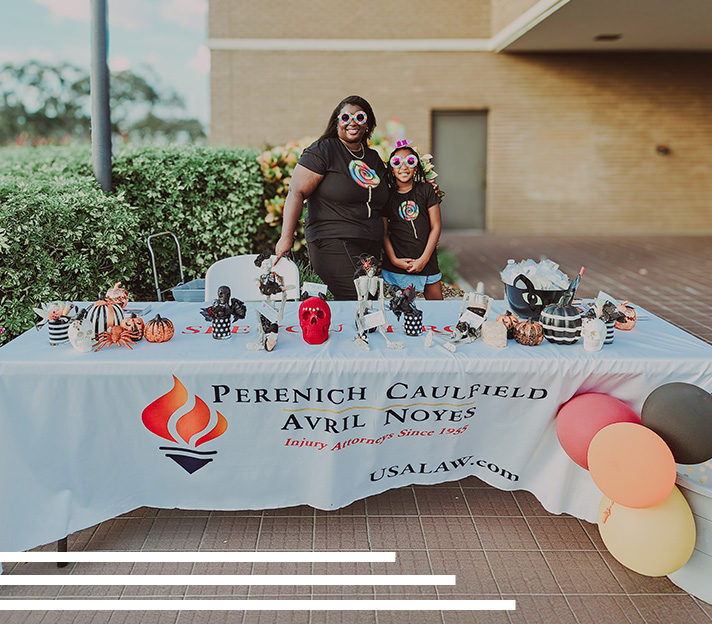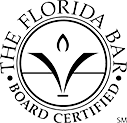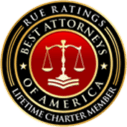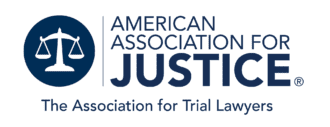What Is a Personal Injury Case?
One of the most common types of cases asserted in civil court is personal injury cases. These cases seek compensation against a negligent party who caused harm to someone else.
However, they can be complex. An experienced personal injury lawyer can help guide you through your claim and seek fair compensation for the harm you’ve suffered.
What Is the Purpose of Personal Injury Cases?
There are several different missions for different types of cases. For example, criminal cases seek to hold a person legally responsible for a crime they commit against society. Breach of contract cases may require a party to keep their word about what they voluntarily agreed to. Intellectual property cases may seek damages for the misuse of a person’s trademark rights.
Personal injury cases seek to make a victim whole again after they have suffered losses, such as physical injuries, mental health consequences, medical expenses, lost income, pain, or suffering. The law recognizes that it is limited in providing justice to victims in these situations, so it awards money to the injured party that the defendant is required to pay if the plaintiff proves their case.
Common Types of Personal Injury Cases
There are many different types of personal injury cases.
Perenich, Caulfield, Avril & Noyes Personal Injury Lawyers handles the following types of personal injury cases:
- Car accidents
- Motorcycle accidents
- Truck accidents
- Uber & Lyft accidents
- Slip and fall accidents
- Medical malpractice
- Wrongful death
If you were injured or lost a loved one in any of the accident types described above, contact a compassionate personal injury lawyer for a free consultation.
Which Legal Theories Are Raised in Personal Injury Cases?
There may be different legal theories the plaintiff alleges in a personal injury case, such as:
Negligence
Negligence, by far, is the most common legal theory in personal injury cases. The elements that you must prove in a negligence case are:
Legal Duty
A duty is a legal responsibility that someone owes to another. In some situations, the legal duty is based on the relationship between two people. For example, a doctor owes a patient the duty to act within the standard of care that other doctors in the same area would apply under the circumstances. A fiduciary duty requires a person put in a position of trust to put the principal’s interests above their own.
In other situations, people owe each other the duty to follow laws, such as obeying traffic laws when driving. All people owe a duty to others to act in a reasonable and prudent manner that avoids causing injuries to others.
Breach Of Duty
Next, you must be able to show that the defendant breached the duty. For example, another driver may have been speeding or failing to yield the right-of-way. A doctor’s care could have fallen below the standard of care. A property owner may have failed to maintain the premises.
Causation
The defendant’s breach of duty must be connected to the injuries you suffered. For example, the motorist speeding caused the accident. The store owner’s failure to periodically inspect the store and pick up hazards may have caused you to fall. Your doctor’s failure to order a test may have caused you to suffer an adverse health effect.
Damages
Finally, you must be able to prove you were injured in some way that a court could compensate you.
Potential compensation in Florida personal injury cases may include:
- Medical expenses you incurred because of the accident, including follow-up visits and future medical care
- Lost wages and lost earning potential
- Burial and funeral costs
- Costs to repair or replace your damaged personal property
- Physical pain and suffering
- Mental anguish
- Emotional distress
- Disfigurement and/or scarring
- Loss of enjoyment of life
- Loss of consortium
A personal injury lawyer can evaluate the circumstances and explain which damages may be available in your case.
Negligence Per Se
Negligence per se occurs when someone violates a statute that was designed to protect a person in a certain type of situation, and a person was injured.
In these types of cases, you only need to show that the defendant violated the relevant statute, the statute was established to protect someone in your position, and you were injured as a result. The defendant’s actions are accepted as negligence as a matter of law.
For example, if a person was driving under the influence of alcohol and crashed into someone else, this could be negligence per se.
Strict Liability
Strict liability cases hold the defendant liable for their actions if they injure someone else, even if they were not negligent. Strict liability may apply when an abnormally dangerous activity is involved.
It may also apply in cases involving defective products. The injured victim has a right to compensation because they were injured, and they don’t have to prove the manufacturer was negligent.
Intentional Misconduct
In some cases, such as physical assaults, the defendant’s conduct is knowing and intentional.
What To Do After an Accident in Florida
If you are injured in a personal injury incident, there are steps you can take to protect your health and legal claim, such as:
- Reporting the accident – Report the accident to authorities, whether it’s to law enforcement in the case of a motor vehicle accident or to the owner of the property if you slipped and fell.
- Documenting the scene – You probably won’t have much time to document the scene because it may have to be cleaned up quickly to protect other people from harm, so it’s pivotal that you try to preserve evidence. Take pictures or videos of the accident scene. Ask witnesses for their contact information so your lawyer can follow up with them later. Keep the clothes you were wearing in the accident in case they have evidence on them.
- Seeking medical attention – Do not delay in seeking medical attention. Symptoms are sometimes delayed, but prompt medical attention can ensure you minimize any secondary injuries and you receive attentive medical care. It will also help show the insurance company that you are serious about safeguarding your health.
- Keeping records – You may start receiving many documents related to your accident, such as medical records, communications from the insurance company, employment records that show how much time you missed from work, and estimates to repair your property. Keep all of these documents, as they will help with your claim.
Lastly, contact a personal injury lawyer as soon as possible. A lawyer can preserve valuable evidence, explain your legal rights and options, and communicate with the insurance company so you can focus on your behalf.
Your lawyer’s goal is to get you as much compensation as possible. They can rely on their experience handling insurance companies to negotiate for the compensation you deserve.
Our lawyers at Perenich, Caulfield, Avril & Noyes Personal Injury Lawyers accept personal injury cases on a contingency fee basis. Contact our law firm to schedule a free consultation with one of our experienced injury lawyers in Clearwater, FL.
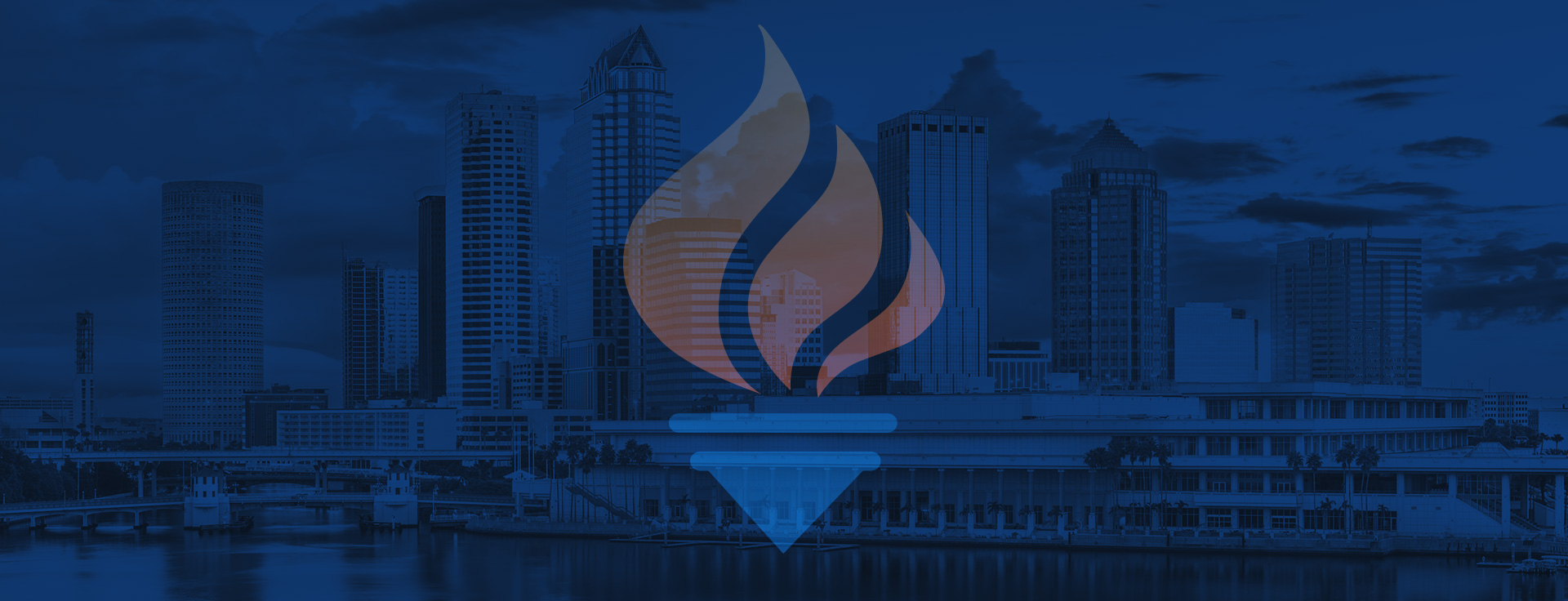
We treat you like family.
If you can’t come to us, we’ll come to you.
Representing Accident Victims in Tampa Bay since 1955
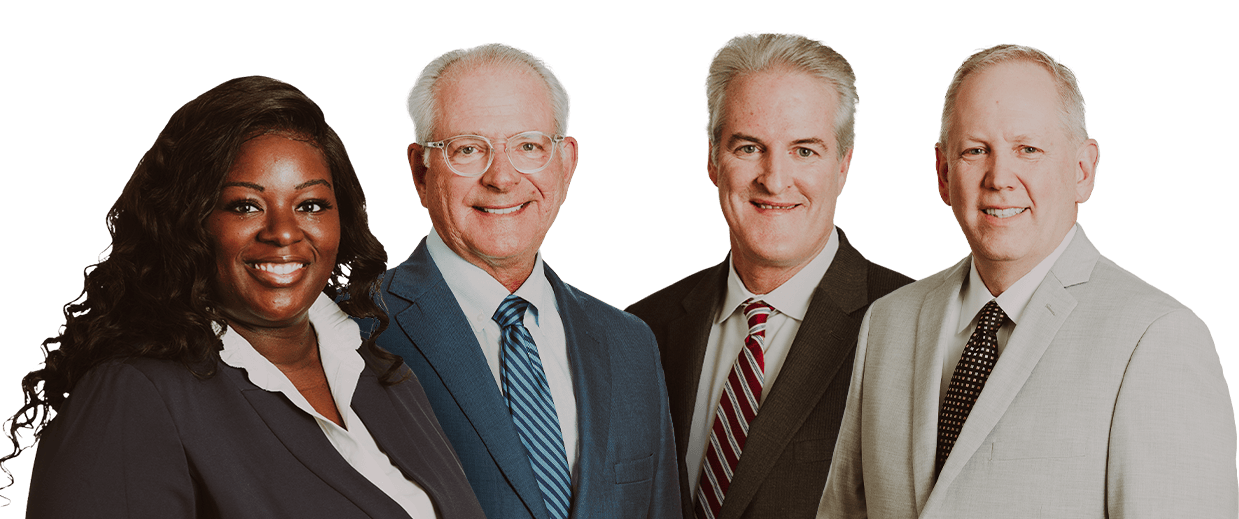


-
“Friendly knowledgeable and kept me informed about my case. Any offer, bill or question was readily answered. Would definitely recommend and refer people to Bryan Caulfield and his team!!”- Betty B.
-
“Mrs Bryant works her butt off to make sure you get what is do to you in medical and beyond! They won’t take your case if they don’t feel you haven’t been wronged.”- Christine R.
-
“Working with Mark Perenich on my auto injury case was an absolute game-changer. From the very beginning, he brought a level of professionalism, expertise, and care that immediately put us at ease.”- Kerry B.
-
“Lorrie and Allyson are phenomenal. I highly recommend them to anyone. It seemed like a never ending journey but I can’t thank them enough for diligently fighting my case with the greatest integrity, support and prayers.”- Former Client
-
“From the first day we met this law group I felt very comfortable and knew we would be well taken care of. This was our first experience filing for SSD, and was not disappointed. The lawyers are awesome and very professional.”- Shari J.
-
“Very nice they worked with you. Never ignored me with my case. Always on top to work with you. Thank you so much for all that you have done to help me! Very highly recommend.”- Margarita O.
-
“My appointed attorney was Jacqueline, Bryant. She is very compassionate about her client and work. When it comes to negotiation, she's a Beast and she gets the job done.”- Alaina J.
-
“What was particularly awe inspiring was the recall of facts and testimonies from medical personnel that Para Legal Ms. Josephine Elizabeth Angelo was able to make. Her memory and acumen for detail was admirable.”- Maylisa Y.
-
“Wonderful, impeccable, personalized, authentic, truthful, honest experience. Rare, real, and human firm.”- Sheryl G.
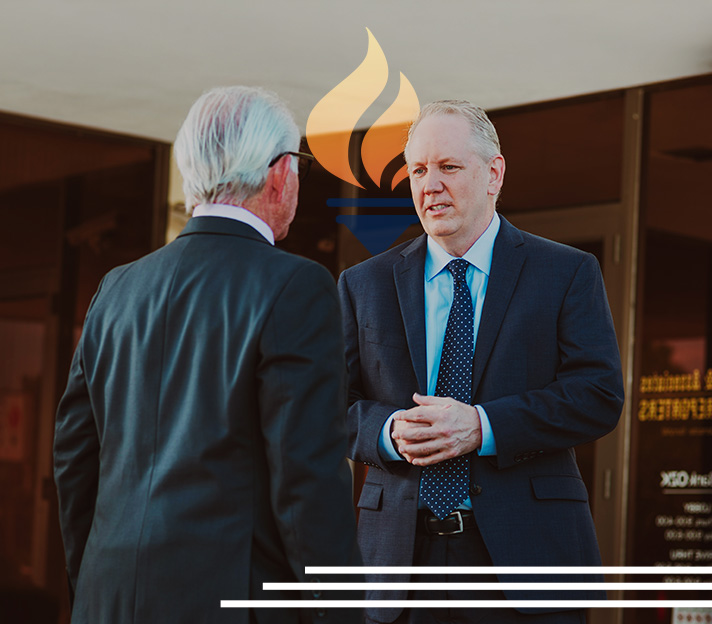

We’ve been proudly serving Clearwater, St. Petersburg, and the Tampa Bay area for generations. As the first personal injury law firm in Clearwater, our dedicated legal team brings over 300 years of combined experience to each and every case. If you’ve been injured and need support, please reach outtoday for a free consultation, we are here to help you.
